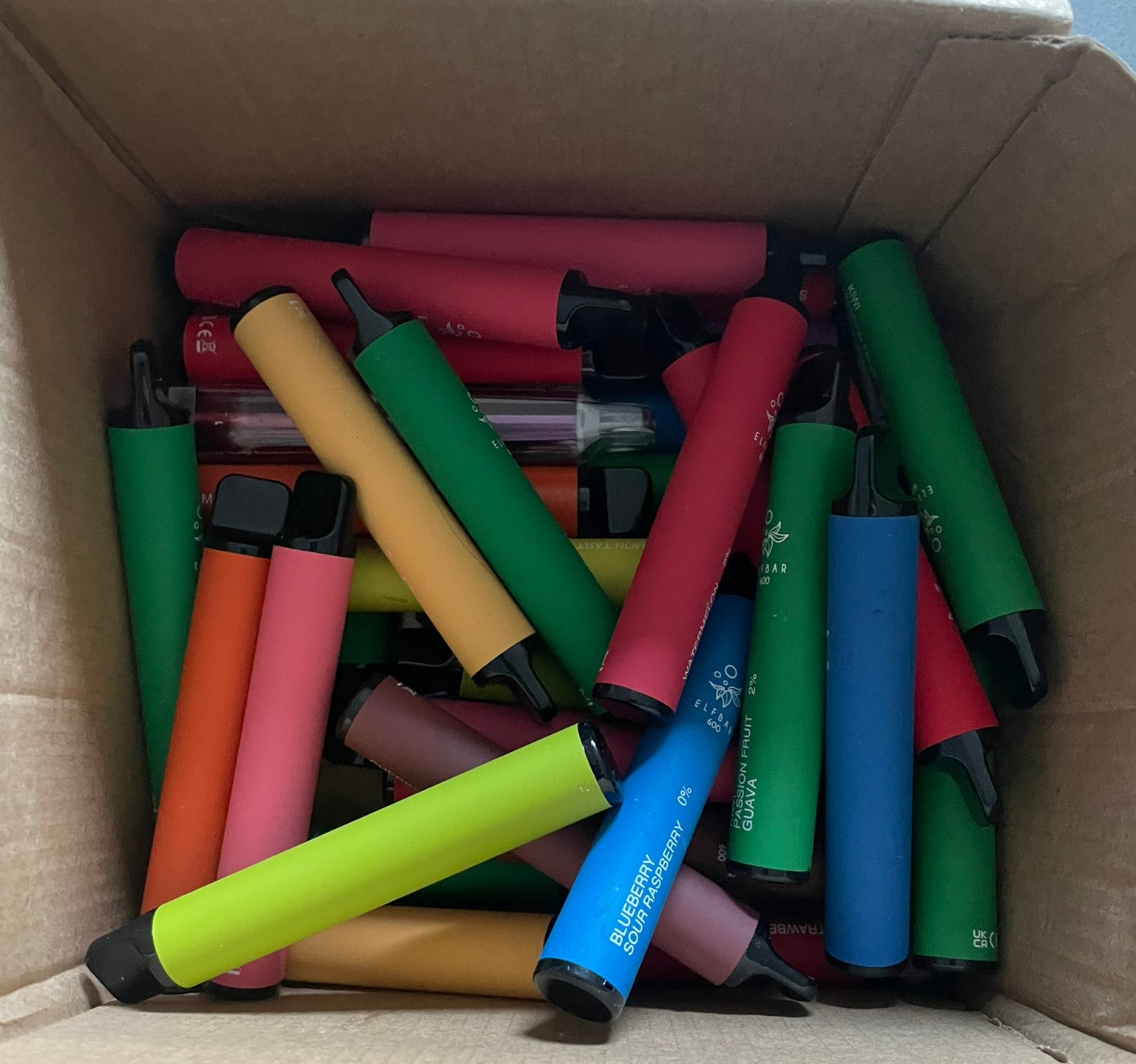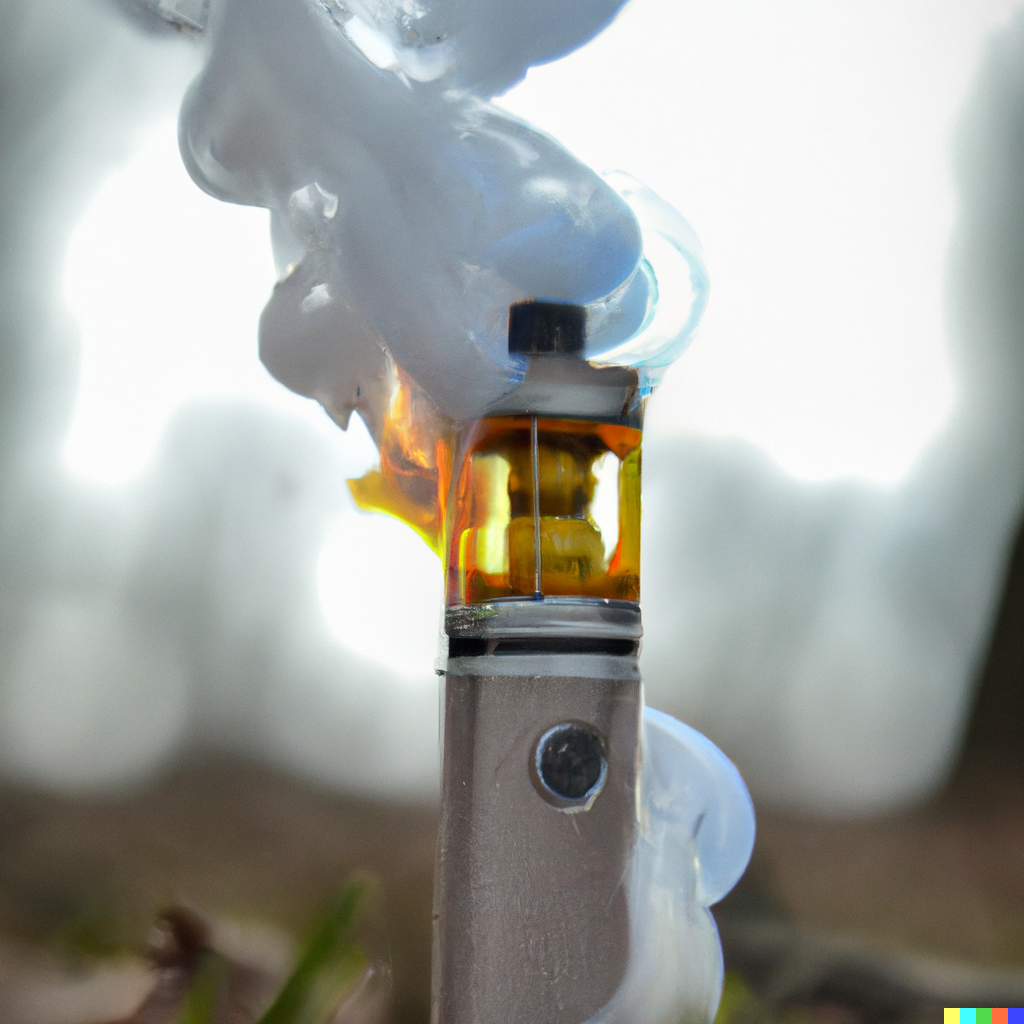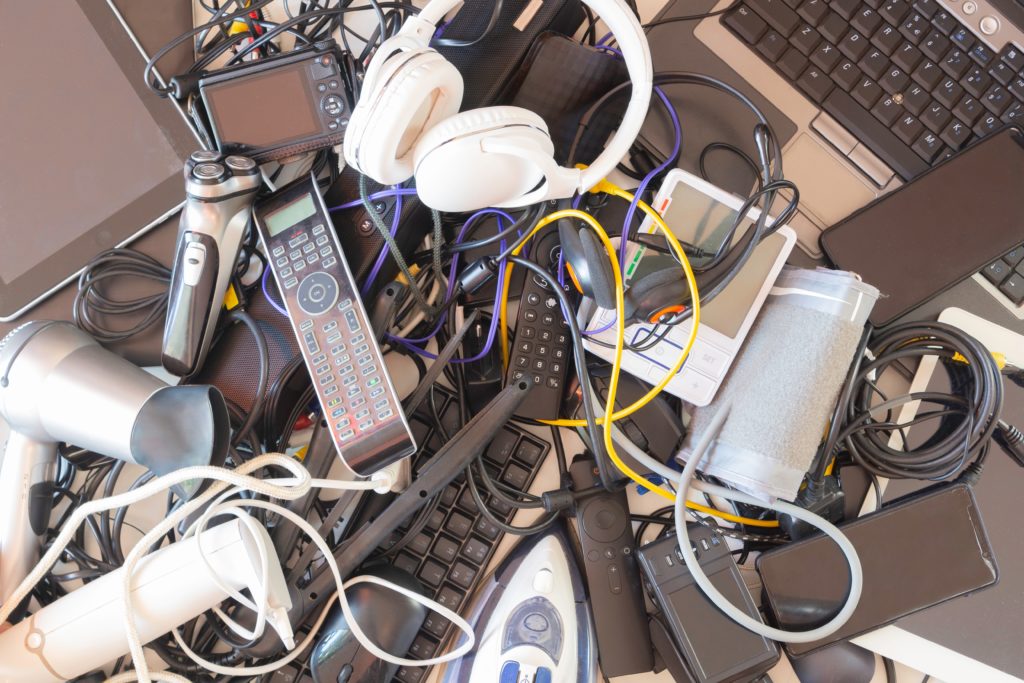In a noticed published this morning (16 March) the Agency explained it is aware of “current concerns being expressed” surrounding the incineration of disposable vapes and outlined its position on the matter.
The Agency explained that all treatment facilities must operate in compliance with their permit, which includes a condition that Best Available Treatment Recovery and Recycling Techniques are used.
In the case of vapes this will include the removal of batteries and liquids. If such a recycling technique for vapes is reasonably available, then an ATF must use it. “Whole vapes should not be incinerated,” the Agency added.
For compliance schemes, the regulator explained that the WEEE regulations require them to “set up systems that provide for the separate collection and treatment of WEEE using best available collection, treatment, recovery, and recycling techniques, for any WEEE for which they are responsible”.
It also requires that PCSs make sure the WEEE is treated at an ATF (Authorised Treatment Facility). As vapes are in scope of the WEEE regulations, this regulation applies to vapes.
Where incineration would be required is for any fractions from the treatment of vapes that contain POPs, which “need to managed in a way that ensures the POPs are destroyed or irreversibly transformed”.
Vapes
Disposable vapes have risen in popularity in recent years as a smoking alternative. Inside the last year or so there has been a huge spike in disposable ‘vapes’.

Fourteen million single-use vapes are bought each month and 1.3 million are thrown away every week, according to research from Material Focus, the not-for-profit organisation funded by the WEEE compliance fee.
Often, these provide users with around 600 ‘puffs’ and are marketed as being disposable. They have been blamed for a number of fires across the waste treatment supply chain, and are commonly littered.
In January, the government confirmed that it will consider changes to ensure the vaping sector “plays its part” in financing the collection and treatment of their products as part of the upcoming review of the WEEE regulations (see letsrecycle.com story).
The notice from the Agency is understood to be the first time they have publicly confirmed that vapes must under the regulations be recycled and not incinerated.
Disposal
In the majority of cases, consumers have to keep vapes at home and then take them to a recycling centre. This means many younger people in urban environments often struggle to find suitable disposal points.
The recycling of vapes sees the products manual disassembled, when the battery and other components are separated.










It would help if those companies who produce these items paid into a compliance scheme, as it is not many do.